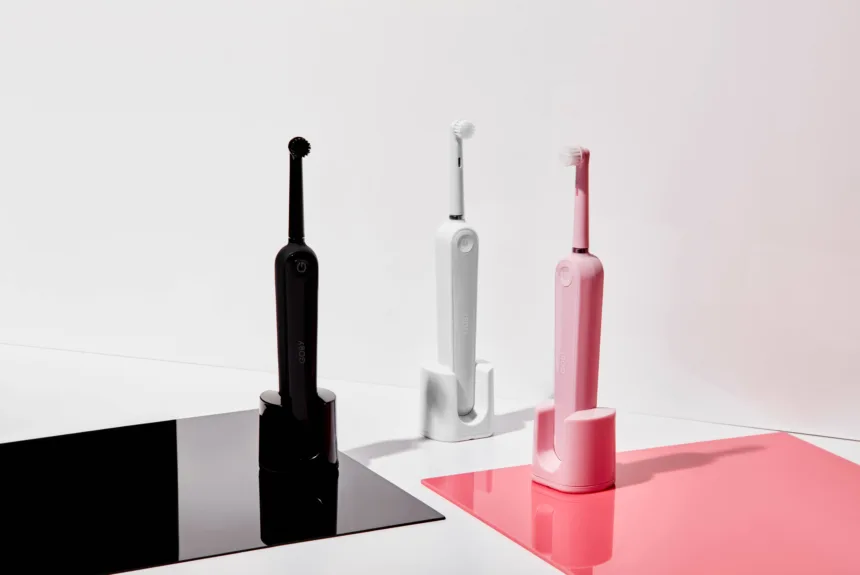Electric VS Traditional: Toothbrushes and Floss
Electric toothbrushes have become more popular due to their ability to provide a thorough cleaning of teeth and gums. Thus, here are some advantages and disadvantages of electric toothbrushes:
Advantages:
- Electric toothbrushes can clean teeth more effectively than manual toothbrushes.
- Some electric toothbrushes have built-in timers to ensure that you brush for two minutes.
- Electric toothbrushes can be easier to use for people with limited mobility, such as those with arthritis.
- Some electric toothbrushes have different brushing modes to cater to different oral health needs.
Disadvantages:
- Electric toothbrushes can be more expensive than manual toothbrushes.
- They require a power source, which can be inconvenient when traveling.
- Some people find electric toothbrushes too aggressive or uncomfortable to use.
Manual toothbrushes have been the go-to option for many people for decades. Therefor, here are some advantages and disadvantages of manual toothbrushes:
Advantages:
- Manual toothbrushes are widely available in various sizes, shapes, and bristle types.
- They are affordable and require no power source.
- Manual toothbrushes are easy to use and can be gentler on the teeth and gums.
Disadvantages:
- They may not clean teeth and gums as effectively as electric toothbrushes.
- There is a risk of brushing too hard or using improper techniques.
- There is no built-in timer to ensure that you brush for two minutes.
Flossing: Electric Flosser vs. Traditional Floss
Flossing is essential for good oral hygiene, and there are electric and traditional options available. Accordingly, here are some advantages and disadvantages of electric flossers and traditional floss:
Advantages of Electric Flossers:
- Electric flossers are easier to use than traditional floss and require less manual dexterity.
- They can clean between teeth and along the gum line more effectively than traditional floss.
- Some electric flossers have different flossing modes to cater to different oral health needs.
Disadvantages of Electric Flossers:
- Electric flossers can be more expensive than traditional floss.
- They require a power source, which can be inconvenient when traveling.
- They may not be as portable or easy to use on-the-go as traditional floss.
Advantages of Traditional Floss:
- Traditional floss is widely available and affordable.
- It can be easily transported and used on-the-go.
- Traditional floss can effectively remove plaque and food particles from between teeth and along the gum line
Disadvantages of Traditional Floss:
- It can be difficult to use, particularly for people with limited dexterity.
- Traditional floss may not clean as thoroughly as electric flossers.
- Improper flossing techniques can cause gum irritation or bleeding.
Conclusion:
Electric VS Traditional: Toothbrushes and Floss
Both electric and manual toothbrushes and floss have their unique advantages and disadvantages.
The best option for you will depend on your oral health needs, budget, and personal preferences. It’s always a good idea to discuss your options with your dentist or dental hygienist to determine which option is best for you. Additionally, proper brushing and flossing techniques are crucial for maintaining good oral health.
Toothbrush Selection:
- Look for a toothbrush with soft bristles and a comfortable handle.
- Replace your toothbrush every three to four months or sooner if the bristles become frayed.
Flossing Techniques:
- Traditional floss can be effective if used correctly.
- Use a clean section of floss for each tooth.
- Use a gentle back-and-forth motion to clean between the teeth and along the gum.

